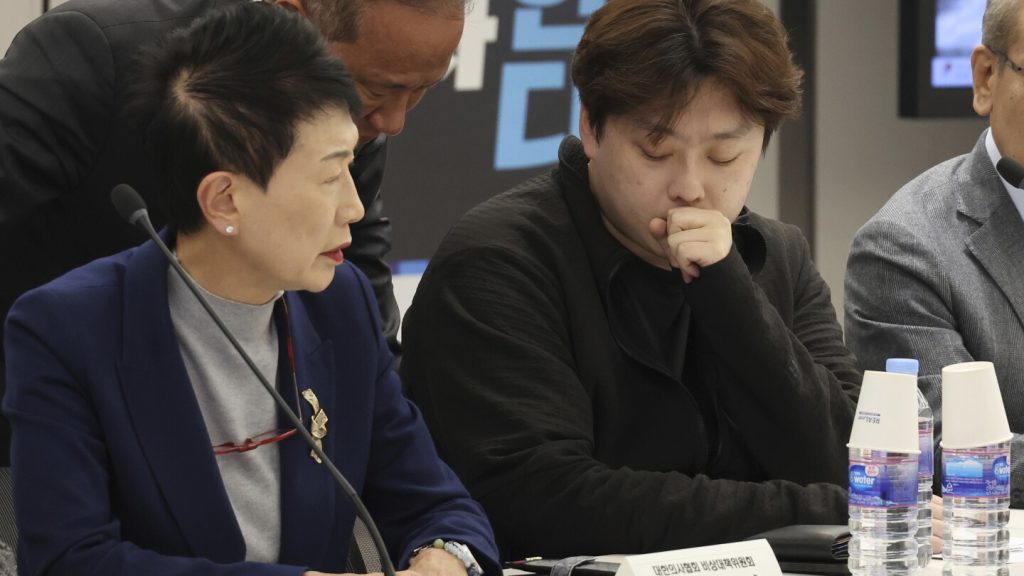South Korean President Yoon Suk Yeol recently met with the leader of a strike by thousands of junior doctors to discuss the government’s plan to significantly increase medical school admissions. The strike, which began in February, saw over 90% of the country’s trainee doctors walking off the job, causing disruptions in hospital operations. Yoon defended his proposal to recruit 2,000 more medical students annually but expressed willingness to engage in talks if doctors present a unified proposal with logical reasons for a smaller hike in the enrollment quota.
The meeting between Yoon and the head of the emergency committee for the Korea Intern Resident Association, Park Dan, lasted over two hours. Yoon indicated his respect for the position of the trainee doctors regarding medical reform issues, including the increase in the number of doctors. It remains unclear if immediate talks will be scheduled and whether Yoon is considering adjusting the proposed admission increase in response to the doctors’ demands for its withdrawal. Park’s brief Facebook message after the meeting hinted at concerns about the future of medical services in South Korea without offering further details.
Yoon also listened to Park’s perspectives on the challenges faced by South Korea’s medical system and exchanged ideas on how to enhance working conditions for interns and medical residents. Yoon justifies the need for a 2,000-student enrollment increase due to the country’s rapidly aging population and a low doctor-to-patient ratio compared to other advanced economies. Doctors, however, argue that universities may struggle to accommodate such a sudden surge in student numbers, potentially compromising the quality of medical services. Public surveys show support for Yoon’s plan among ordinary South Koreans, but the ongoing confrontation between the government and doctors has led to frustration due to canceled surgeries and treatments.
The striking doctors, who failed to meet a government-set deadline to return to work by the end of February, now face possible license suspensions. Government officials have hinted at easing punitive measures if the strikers voluntarily return to their hospitals. Although the striking doctors represent only a fraction of the total number of doctors in South Korea, their absence has significant impacts in major hospitals where they play vital roles in supporting qualified doctors during medical procedures while also undergoing training. Yoon has been urged to make concessions by members of his conservative ruling party as they face challenges in the upcoming parliamentary elections.
The strike by junior doctors in South Korea has sparked a national debate on the future of the country’s healthcare system. While Yoon stands firm on his plan to increase medical school admissions, the striking doctors continue to press for a reconsideration, citing concerns about the potential impact on the quality of medical services. The government’s willingness to engage in dialogue and the doctors’ refusal to return to work have created a deadlock, leading to disruptions in hospital operations and mounting frustration among the public. As the situation unfolds, the resolution remains uncertain, with the outcome likely to have far-reaching implications for the healthcare sector and the upcoming elections in South Korea.


